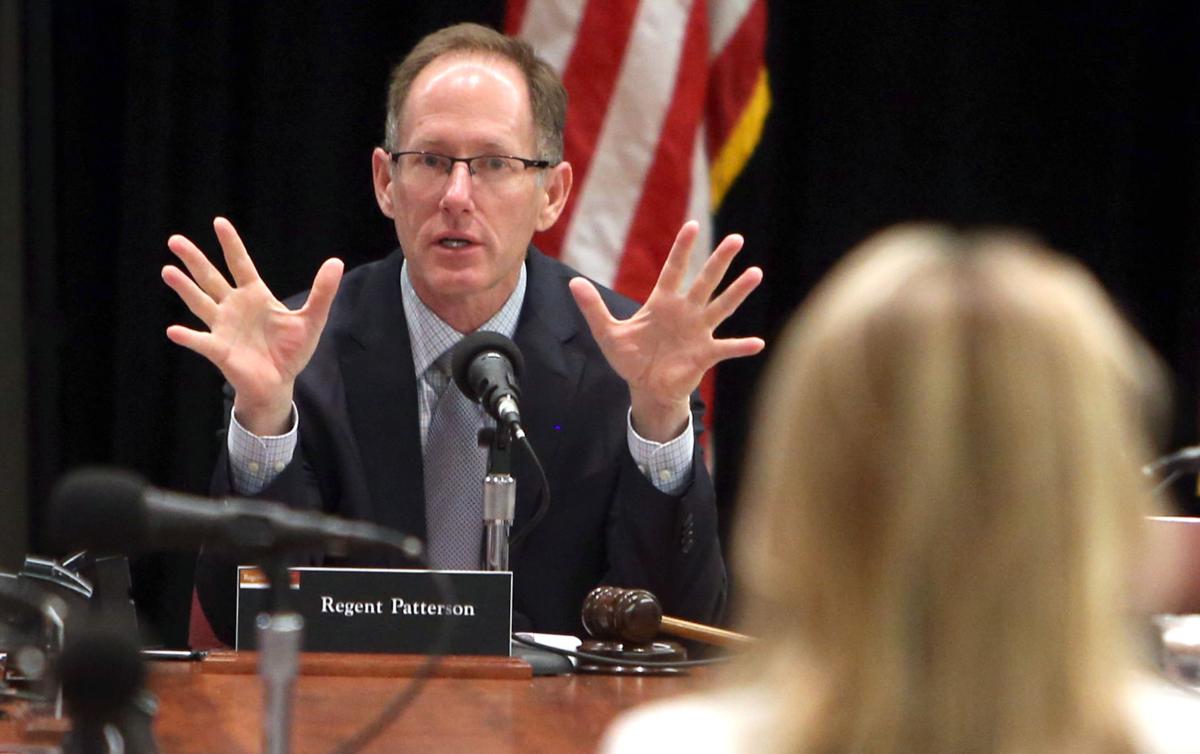The governing body for Arizona’s public universities will launch an online open records portal in an effort to to streamline processing requests.
Arizona Board of Regents President Eileen Klein announced the launch at a board meeting at the University of Arizona Thursday.
Through the portal, members of the public and journalists can submit public records requests through an online form, the information from which would feed into a database, Klein said. It will help ABOR staff members to keep better track of requests and keep those seeking information informed.
“We see this as an effort to be more responsive,” Klein told the regents at the meeting.
While the law does not require those requesting records to use any specific form provided by an agency, using online forms makes sense for administrative convenience, said Dan Barr, a media law expert with the First Amendment Coalition of Arizona who has represented the Star.
In fact, if someone wants to make the request verbally, the “absence of a written request cannot be the basis for denial,” the law says. However, making a written request is generally best practice, Barr said.
Journalists largely make requests via email, which can get lost and come in large volumes, Klein said. Cost is another issue that the portal can tackle, she added; it will help ABOR better analyze costs associated with producing records for the public and media.
If it were up to Greg Patterson, president of the regents board, members of the public and media would have to pay for the full cost of producing records in response to requests. He previously advocated for a law that would allow that.
“Public records requests take a tremendous amount of time,” he said. Staff members can spend a lot of time making sure the records they provide to the public don’t violate any statutory requirements on privacy.
The portal will help the regents board be deliberate about processing and responding to public records requests, he said, and make sure that those with the “squeakiest email” do not get the fastest response.
Arizona open records law says agencies can only ask for a reasonable price for copying the records, but public agencies have wanted to pass along the cost of producing records on to requesters for a long time, Barr said.
Especially in a time where agencies are strapped for funding, more public bodies around the country have gone to their Legislatures to make that happen, he added.
However, should the cost of producing records be passed on to requesters, like journalists and members of the public, the question becomes whether asking for records becomes “prohibitively expensive,” Barr said.
“If it becomes prohibitively expensive, then people won’t see the records,” he said. “If journalists and other people are not exercising public records rights, then the public loses out in access to public information.”





